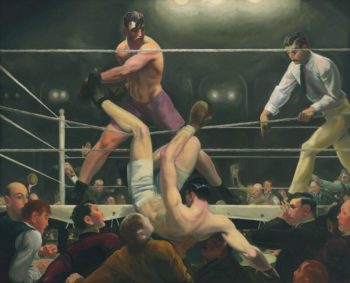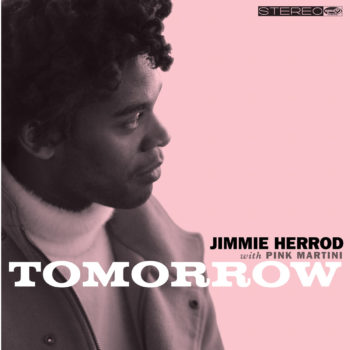Coast calendar: Here’s to an arty new year
Art exhibits and author readings are among events getting 2020 off to an inspiring start.
DanceWatch Monthly: Marquee TV leaps into the void
DanceWatch Monthly is hoping that Marquee TV will fill the void in performing arts on your devices, whatever they may be.
VizArts Monthly: Options for going out or for staying in
Martha Daghlian's monthly roundup of things to see in January
Going, going, gone: 2019 in review
A look back at the ups and downs and curious side trips of the year in Oregon culture.
ArtsWatch Weekly: Boxing Day and the power of stories
Stories keep reinventing Oregon culture and art. Looking back, and peeking ahead to 2020 and beyond.
A writer’s journey
In which our coast correspondent learns the secret to publishing a novel is to never, never, never give up.
ArtsWatch Weekly: Outsmarting the Grinch
Stuck in an impeachment funk? Liberace, Liza, and a whole lot of holiday shows to reset the mood.
MusicWatch Weekly: Year end album guide
Treat your ears with modern classical, vintage pop, nouveau prog, Australian psych, and Portland Gothic.
- Page 1 of 437
- ↠










